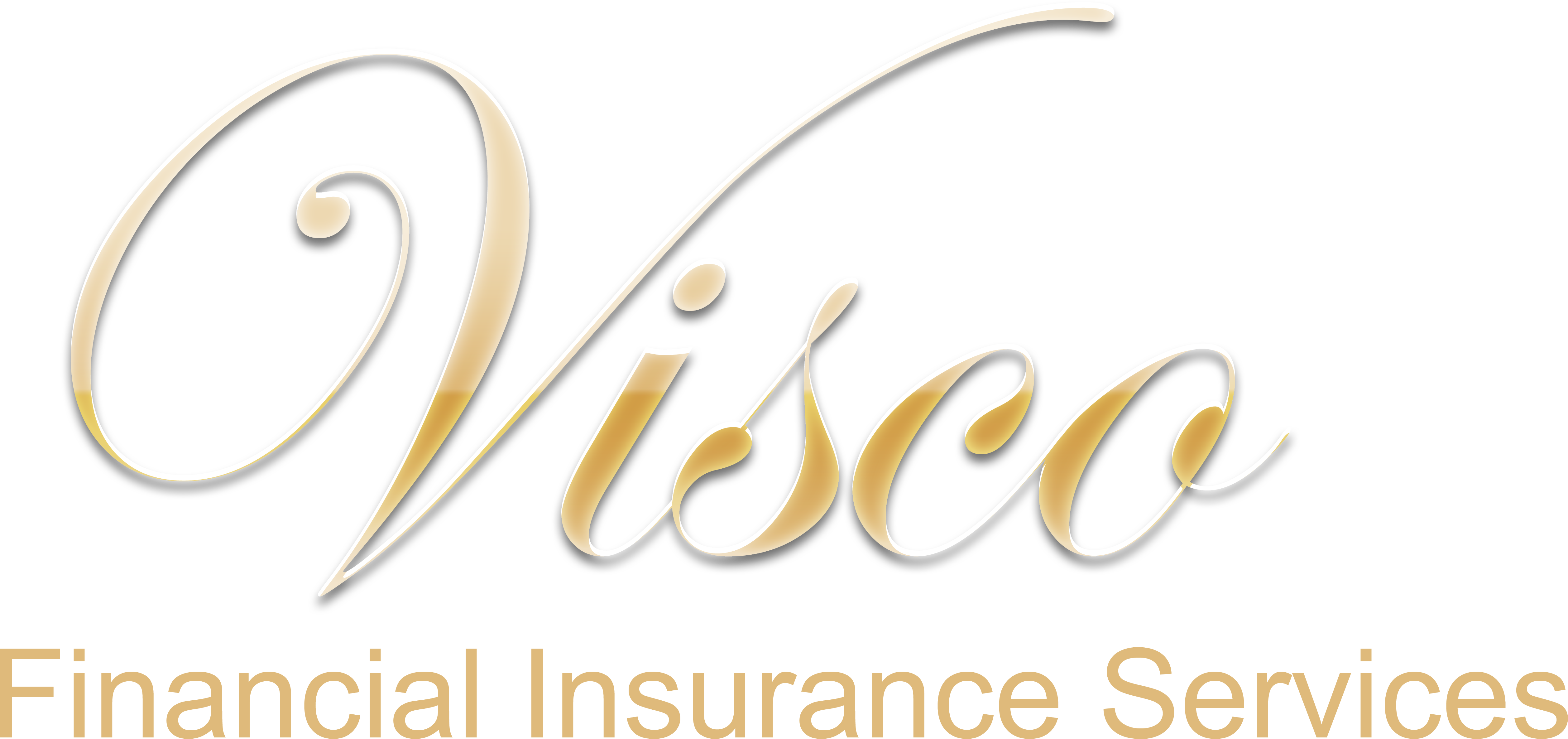Voluntary Benefits
Voluntary benefits are plans provided to you by your employer and allow employees to enroll in coverage options at lower rates than receiving them privately. Extensive coverage options are available at no cost to the employer. Employers often save on taxes when offering voluntary benefits to their employees. Our agents are here to help you determine which benefits may suit you.
What Voluntary Benefits Are Available?
There are several types of voluntary benefits to choose from. Which policies you consider will all be up to your unique coverage needs. The following are options to learn more about:
- Supplemental Health Insurance: Supplemental health insurance is an additional benefit that can help pay for unexpected costs not covered by medical insurance. Cash benefits can be received directly and used in any way deemed fit for things like groceries, childcare, housekeeping and out-of-pocket medical costs. Types of supplemental insurance can include coverages such as:
- Accident insurance benefits employees for various accidental injuries requiring treatment, urgent care or hospitalization.
- Cancer insurance will provide a payment to an employee for cancer diagnosis, screenings and treatment.
- Critical illness insurance complements medical and disability insurance by directly providing payment to the employee after a significant, chronic or debilitating disease diagnosis.
- Hospital indemnity insurance will reduce the impact of higher medical plan deductibles and other out-of-pocket costs associated with an admission to a hospital.
- Disability Insurance: Disability often comes without warning. Disability insurance provides a partial income if you become too sick or injured to work. Anyone that depends on income through work should consider this coverage. There are two types of disability coverage:
- Short-term disability insurance —This helps immediately after an accident.
- Long-term disability insurance—This provides financial protection for disabilities that may last for years, taking into effect after your short-term insurance ends.
- Dental Insurance: Dental insurance plans cover dental visits, dental care, and other components. Dental plans are funded in a few ways:
- In full by an employer
- A combination of employer and employee contributions
- In full by the employee
- The following are typical plan coverages:
- 100% of routine preventive and diagnostic care such as cleanings and exams
- 80% of basic procedures such as fillings, root canals and tooth extractions
- 50% of primary services such as crowns, bridges and implants
- Life Insurance: Life insurance provides a cash benefit to an appointed beneficiary upon the insured employee’s death. An employee pays a monthly premium in exchange for a guaranteed payment by the insurer upon the insured’s death. There are two types of life insurance:
- Voluntary whole life insurance—This protects the entire life of the insured.
- Voluntary term life insurance—This protects for a limited period such as five, 10 or 20 years.
- Vision Insurance: Vision insurance is one of the most sought voluntary benefits. Vision care and benefits can help you stay healthy by scheduling regular eye exams. Eye exams can detect early problems such as:
- Diabetes
- Heart disease
- High cholesterol
- High blood pressure
- Glaucoma
- Cataracts
How to Get Voluntary Benefits
Voluntary benefits through an employer can help employees save on premium costs as well as help keep a workforce committed to an employer. Contact Visco Financial Insurance Services today if you’re considering voluntary benefits or are looking for more information.






